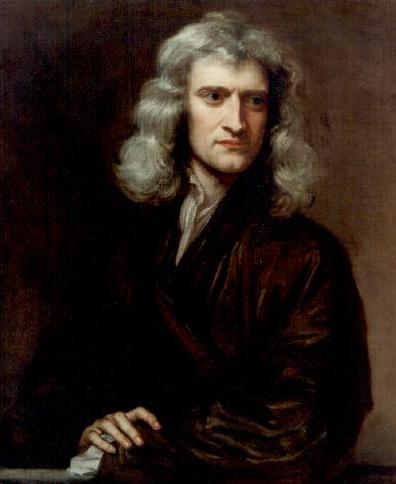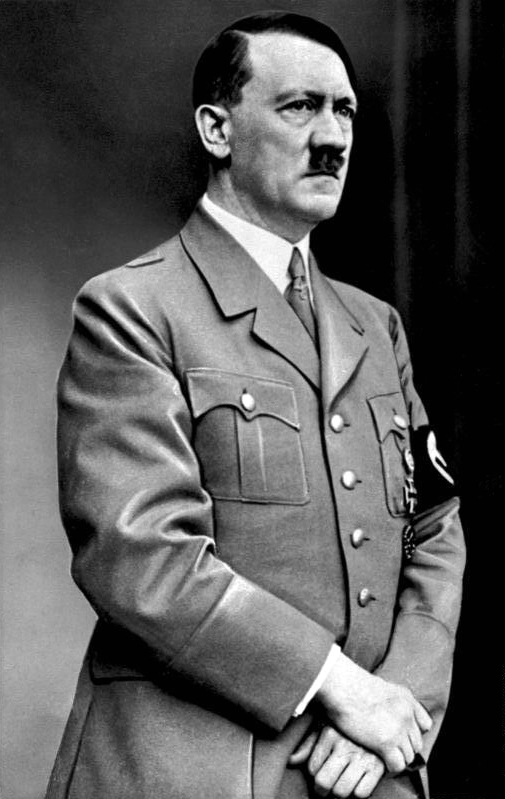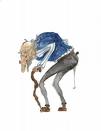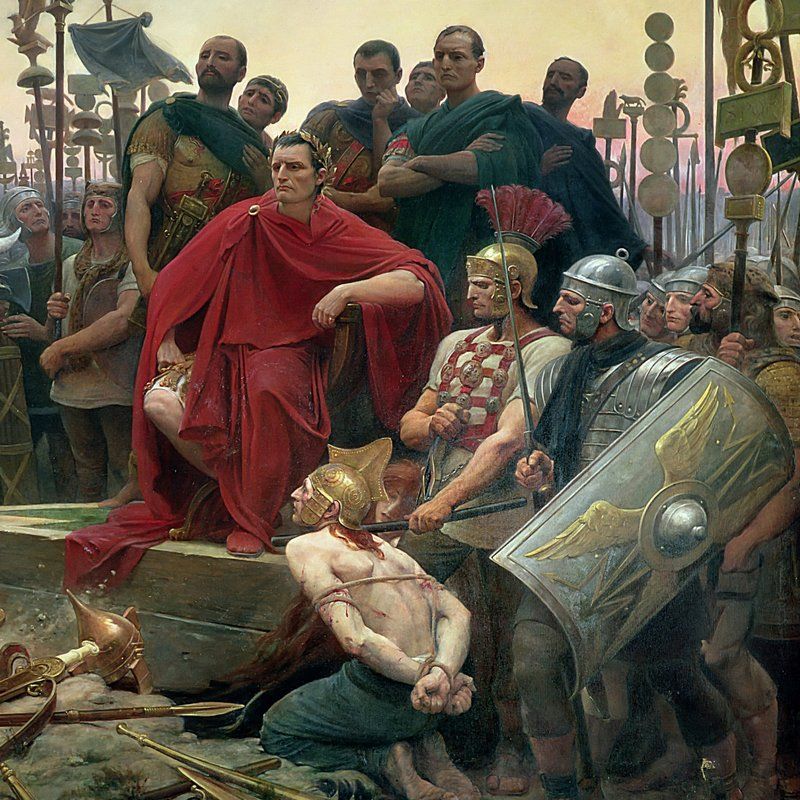Isaac Newton – was born in 1642 year – he died in 1727 year

Isaac Newton ranks first among the most important figures in Western science. He was considered a genius during his lifetime, and the honor given to him by the scientific community over the past three hundred years has hardly diminished. The reason is simple: when Newton began his research work, knowledge of the physical world was very poor, when he was dying, thanks to his achievements it was already known, that this world is governed by strict mathematical laws. Newton did not initiate a scientific revolution; by the time of his birth, this revolution was well advanced, but it was he who created the intellectual foundations of modern physics. We owe Newton to the three fundamental principles of dynamics and the law of gravity, thanks to which all physical phenomena on Earth and in the sky were predictable, organize and justify with the principle of causality. Progress in science, in turn, made it possible to use natural phenomena in technology. Only in the 20th century, when scientists began to deal with the smallest quantities, when research on the structure of the atom began, The usefulness of Newton's discoveries began to be questioned.
Isaac Newton was born 25 of December 1642 R. (date according to the Gregorian calendar, introduced in Europe by the Pope in 1582 R.
and still used today; in England, Newton's date of birth is determined according to the Julian calendar, tj. 6 January 1643 R.)
in a small village in Lincolnshire, in England. Father, small landowner, he died before his son was born. The mother gave her two-year-old child up to her grandmother to raise. She remarried. She took the child a few years later. Her second husband, preacher Barnabas Smith, he was a mean. Isaac hated his stepfather. Conditions, in which he grew up in the first years of his childhood, have made, that in adulthood, Newton's personality was somewhat paranoid, had fits of violent anger, and also had a tendency to a mystical way of thinking. Interesting, that Newton was trying to contain his aggression; Newton wrote down in his youthful catalog of his sins: “I threatened my stepfather and mother, that I will burn them with the house ". It is worth noting, that the first important calculations – leading to differential and integral calculus – Newton ran on the blank pages of a collection of aphorisms by his deceased stepfather.
In his childhood, Newton was extremely curious and showed considerable manual skills. Running the farm was not his destiny. W 1661 R. he was enrolled in the student body of Trinity College, Cambridge. The curriculum of the university studies at that time comprised mainly Aristotelian philosophy. After two years, however, Newton lost his desire to study the Nicomachean Ethics. On his own initiative, he began to study the works of Francis Bacon, Descartes and other scholars and take notes of them. Mathematics and celestial phenomena became his passion. Aristotle is my friend, my friend – he wrote in a notebook (Plato and Aristotle are my friends, but the closest friend is truth).
W 1664 R. Newton became a Trinity Fellow, co, after obtaining the title of baccalaureate the following year, would allow him to carry out his own work freely. Unfortunately, The Great Plague stood in the way. The university closed its doors in 1665 R., and Newton went back to his mother, then widowed. He stayed at home for two years, which he later described: “I was at the most creative age, I was interested in Mathematics and Philosophy more than ever after ". And actually, based on Descartes' geometry, Newton made a calculus – a section of mathematics that allows you to calculate the speed of changes of any quantity. The Newtonian method of fluchsia turned out to be indispensable in solving problems, which reappeared for the first time in hundreds of years as a result of the gradual erosion of Aristotle's principles of physics. During this early period in his career, Newton also discovered, at least partially, universal law of gravity, he formulated the basic laws of mechanics and studied the nature of light. However, although he wrote down his own works with great care – grinding them almost maniacally – he published them only after a few years. Certainly for emotional reasons – although it is not entirely clear – the founder of modern science was constantly rewriting his works and was silent for a long time.
Upon returning to Trinity, St. 1667 R. Newton became a college fellow at Cambridge University. Isaac Barrow, Newton's teacher, he was the first to appreciate his genius. W 1669 R. Newton succeeded him in Lucas' mathematics department. He built the first reflecting telescope (reflector), which aroused great interest, thanks to which he was in 1672 R. a member of the Royal Society. However, the work The New Theory of Light and Color, which Newton introduced to the Society, was criticized by Robert Hooke, then an important figure in the Royal Society. Affected by this attack, Newton withdrew and conducted further research in scientific isolation.
W 1684 R. Edmund Halley visited Newton, great astronomer and mathematician. The visit was of a serious nature: scientists discussed problems related to the motion of the planets. Hooke suggested, for example, that the motion of the planets can be explained, using the inverse square law of force, however, he could not prove it. Thesis – that in this case the planets move in elliptical orbits – Newton had set up many years earlier, using your differential equations. He returned to this issue and published in 1684 R. The Motion, and after several years of work, he prepared an extensive treatise Philosophiae naturalis principia mathematica (The mathematical principles of natural philosophy). In this work, he formulated three principles of dynamics and the law of universal gravitation, and presented numerous observations, confirming their rightness. Newton's laws of motion preach:
1. When there is no force acting on the body, it moves at a constant speed. The body remains at rest for so long, as long as no force acts upon them. This is the principle of inertia.
2. The acceleration of the body is directly proportional to the force acting on it and inversely proportional to its mass. This law can be expressed with an equation: the force is the mass multiplied by the acceleration (F = at).
3. Each action provokes an equal and opposite reaction.
Newton's law of universal gravitation states, that there is an attractive force between the two bodies, proportional to their masses and inversely proportional to the square of the distance between them.
Issued in 1687 R. by Edmund Halley, Principia turned out to be a huge success. It was the pinnacle of Newton's scientific career, and the culmination of the scientific revolution.
However, thanks to the work of Principia, Newton gained great recognition and became a living symbol of modern science, his further career was full of contradictions. After the English Revolution, from 1689 R., for a short period he was a member of parliament, However, he did not stand out in this role in any way. W 1696 R. became the curator of the royal mint, and three years later its director. Newton's job was to fight counterfeiters, conducted by him with great perseverance and energy. W 1703 R. he was elected president of the Royal Society and held that office until his death. He died 31 brand 1727 R. W 1704 R., after the death of his opponent, Roberta Hooke’a, Newton published Optics. Newton's authority was so great then, that his theory of light was valid for the next century despite revealing some shortcomings. He was the first scientist, who was honored with nobility. It was given to him by Queen Anna in 1705 R.
Newton, dying, he left behind a huge collection of unpublished works, containing over a million words on esoteric and mystical alchemical research. For many years he conducted very intensive research, carried out experiments, which, as expected, could, for example, turn ordinary metal into a "philosopher's stone". His alchemical research, conducted as persistently as physical, but devoid of rationality, for a long time they intrigued scientists. John Maynard Keynes bought Newton's alchemy works, and after studying them he ruled, that Newton was more of a magician, and not a scientist. How about an economist, the verdict is surprising. Probably Newton was excited by the religious element, characterizing alchemy, as well as this, that it encompassed many domains. One of the scholar's biographers, Gale Christianson, suggests for example, that Newton's goal was great, synthetic view of the universe.
There were many behaviors in Isaac Newton's life, which in the eyes of today's man may constitute the repulsive image of this scholar. He gave himself up to violent tantrums, he got into unnecessary, bitter disputes with his contemporaries, including Leibniz and Hooke. Seems, that he had his closest relationship with Nicolas Fatio de Duillier, my young admirer. Breaking up with Nicolas led Newton to a nervous breakdown. He never got married – probably as a Cambridge lecturer he could not do that – he had lived his adult life almost entirely in the company of men. He rarely laughed. The following anecdote tells a lot about Newton. One of his friends said, that he could find no use for his study of Euclid, Greek mathematician. Hearing it, Newton laughed out loud. According to Erasmus Darwin, “Newton studied the effects and causes of natural phenomena; delighted, he unraveled all its hidden rights ". In connection with Newton's death, Alexander Pope wrote an elaborate couplet. It is engraved in the room, in which the scholar was born: “Nature and its laws were hidden in the night. God said: Let it be Newton! And there was light ".







